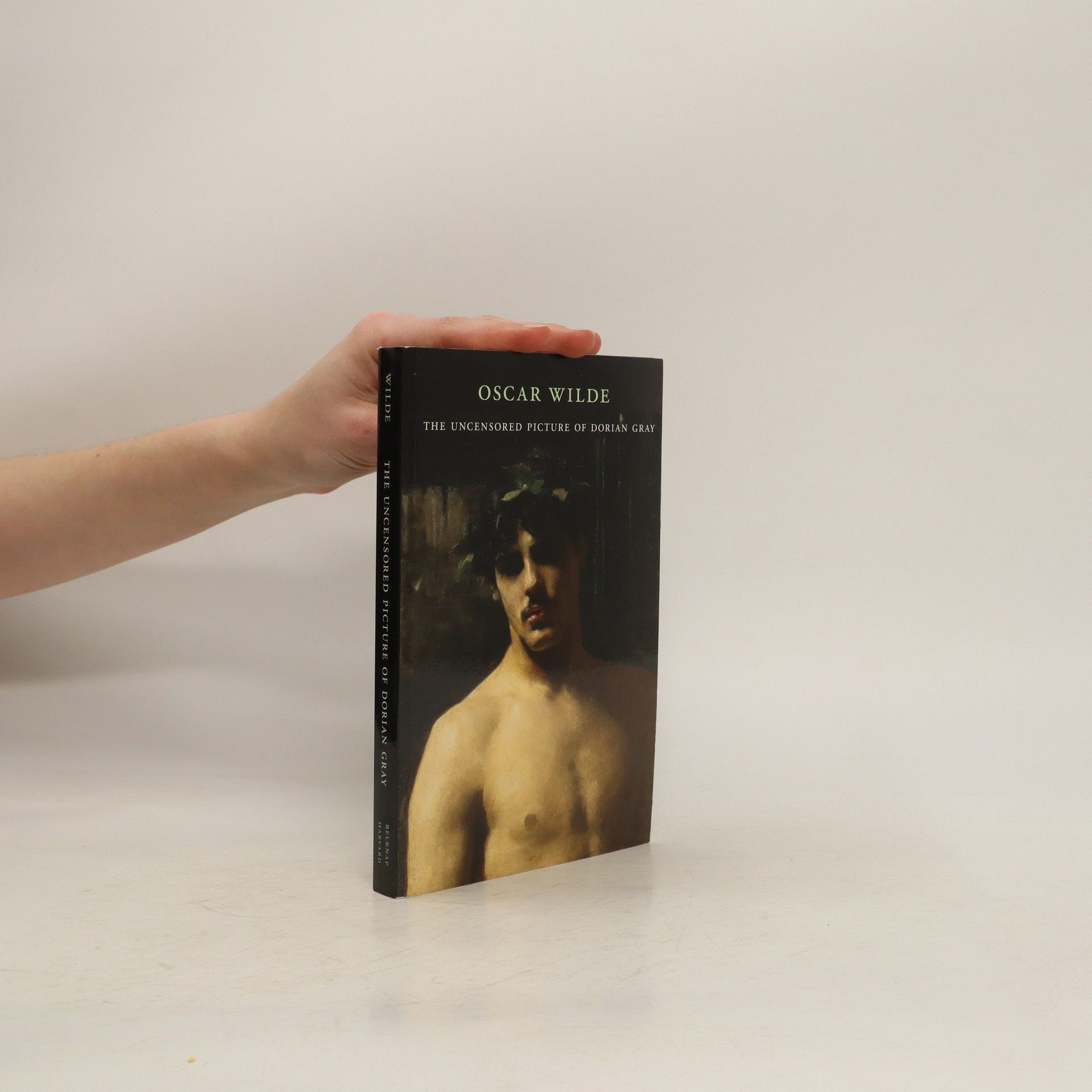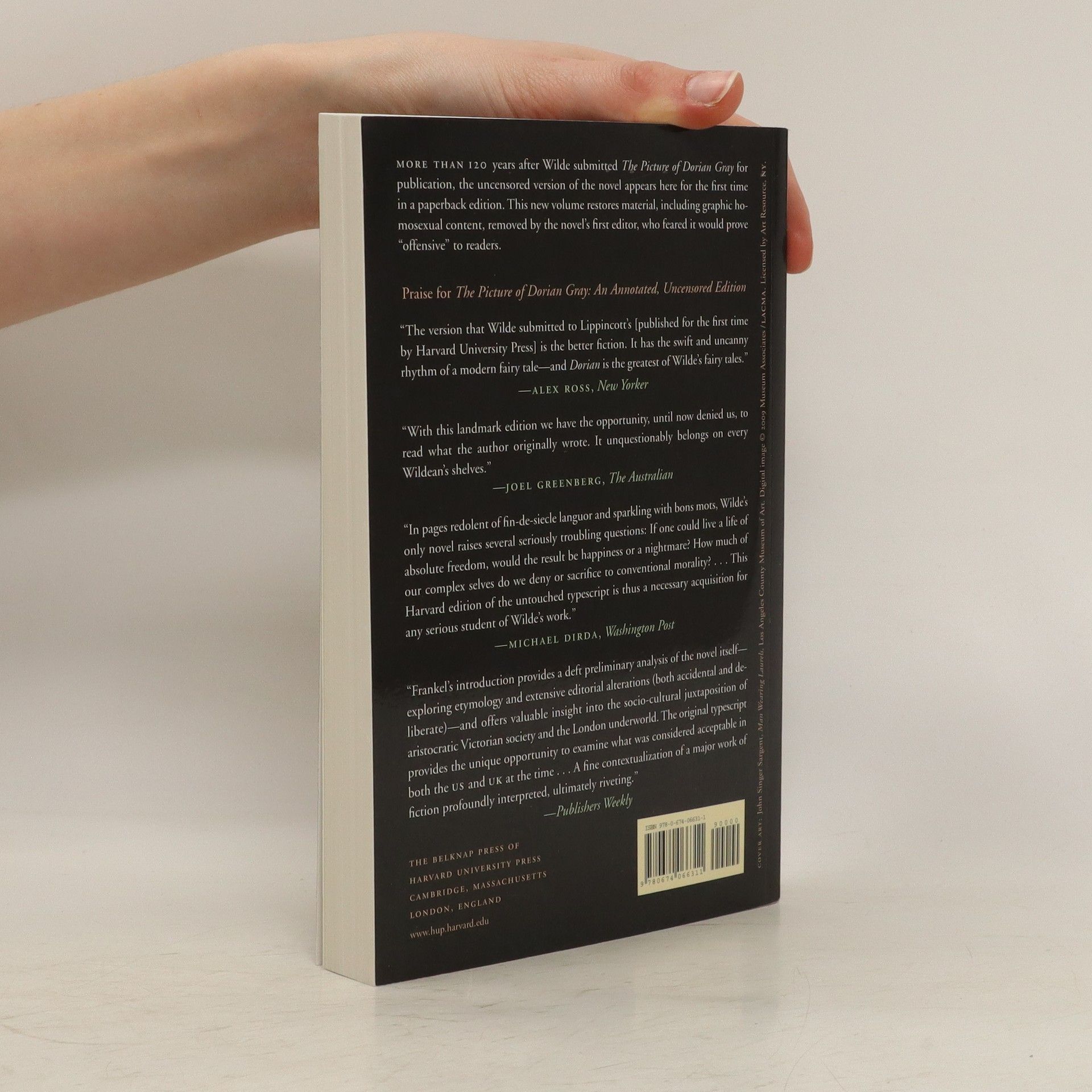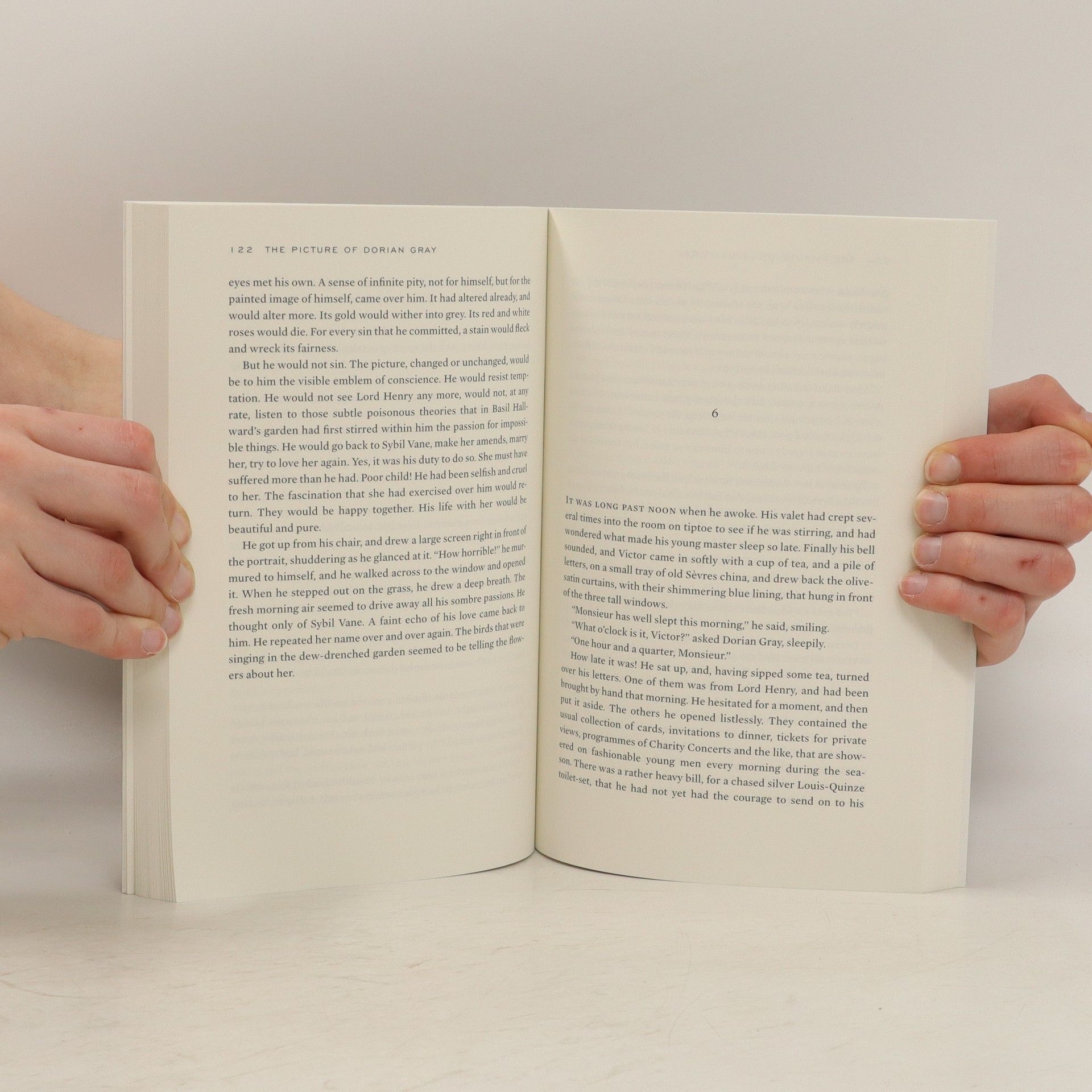Das Bildnis von Dorian Gray ist ein faszinierender Ausflug in die abgrundtiefe Arroganz eines Menschen. Wilde schreibt über ihn mit einer schneidenden Schärfe und Ironie, die unter die Haut geht. Das Buch ist nicht nur ein moralisches Märchen, sondern auch ein Kommentar auf Schönheit, Verfall und Eitelkeit. Auf jeder Seite findet man ein Zitat. Und am Ende fragt man sich: Wie viel Dorian steckt eigentlich in uns allen? Und wer ist unser Teufel in menschlicher Gestalt, der nur das schlimmste aus uns zu holen scheint?
Parameter
- 272 Seiten
- 10 Lesestunden
Mehr zum Buch
More than 120 years after its initial submission, the uncensored version of Oscar Wilde's novel appears here for the first time in paperback. This edition restores material removed by the novel’s first editor, who panicked upon seeing the typescript, fearing readers would find its graphic homosexual content “offensive.” He edited the text to make it “acceptable to the most fastidious taste,” and Wilde did not see these changes until the novel was published. The editor’s concerns were warranted; even in its redacted form, the novel sparked public outrage, with the British press labeling it “vulgar,” “unclean,” and “poisonous.” When Wilde later expanded the novel for book publication, he further toned down its “immoral” elements in response to criticism. Wilde famously remarked that the novel reflects different aspects of himself: Basil Hallward represents “what I think I am,” Lord Henry embodies “what the world thinks me,” and “Dorian what I would like to be.” This comment hints at a longing for a more permissive era than his own repressive Victorian society. Implicitly, Wilde would have preferred readers today to engage with the uncensored version of his work.
Sprache
Publikation


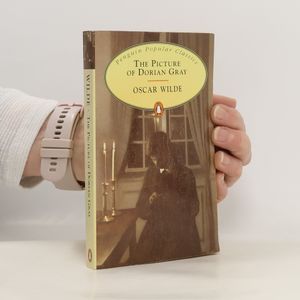

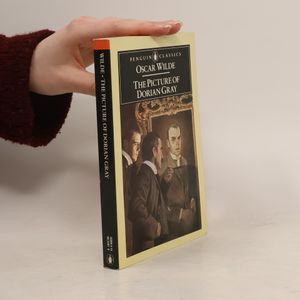


- 2025

- 2024

- 2024

- 2024

- 2024

- 2024

- 2024

- 2024


- 2023

- 2023

- 2023

- 2023

- 2023

- 2022

- 2022

- 2022

- 2022

- 2022

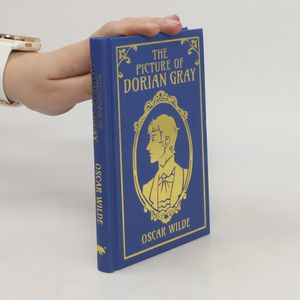
- 2022

- 2022

- 2022

- 2022


- 2021


- 2021

- 2021

- 2021

- 2021

- 2021

- 2021

- 2021

- 2021

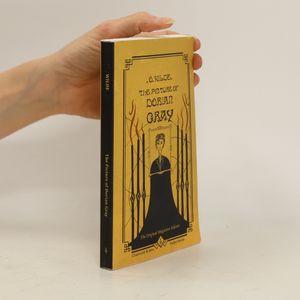
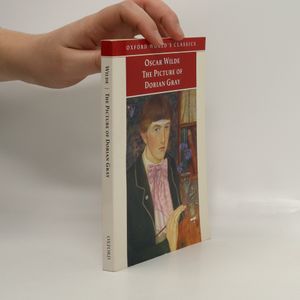
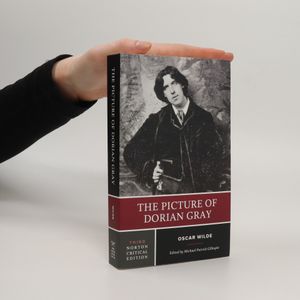

- 2020

- 2020

- 2020

- 2020

- 2020

- 2020

- 2020

- 2020

- 2020

- 2020

- 2020

- 2020

- 2020

- 2020

- 2020

- 2020

- 2020

- 2020

- 2020

- 2020

- 2020

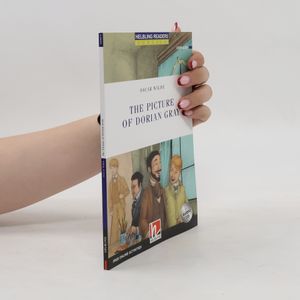
- 2019

- 2019

- 2019

- 2019

- 2019

- 2019

- 2019

- 2019

- 2019

- 2019

- 2019

- 2018

- 2018

- 2018

- 2018

- 2018

- 2018

- 2018

- 2018

- 2018

- 2018

- 2018

- 2018

- 2018

- 2018

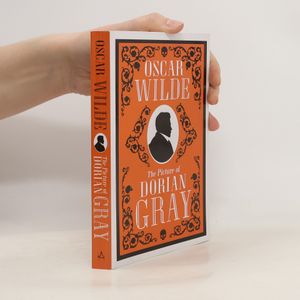
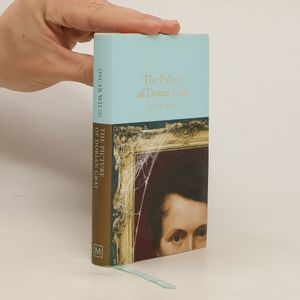
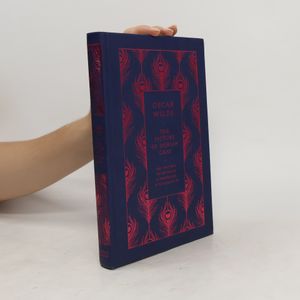
- 2017

- 2017


- 2017

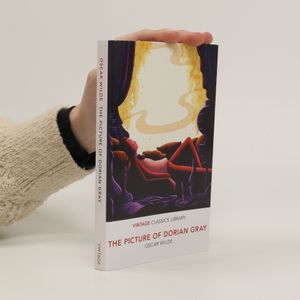
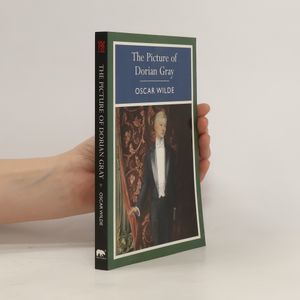
- 2016

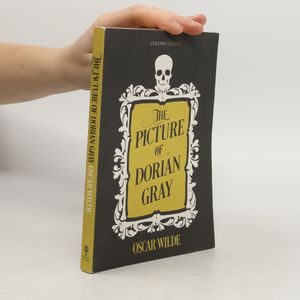
- 2016

- 2016

- 2016

- 2016

- 2016

- 2016

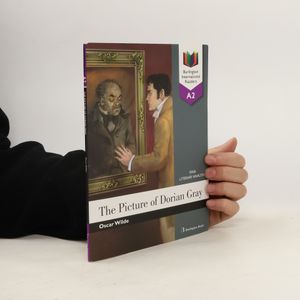
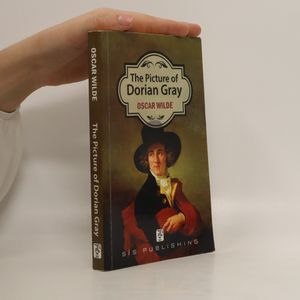

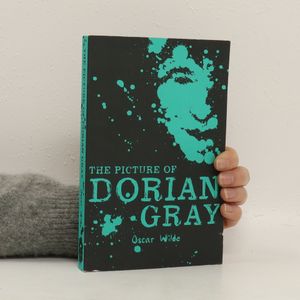
- 2015

- 2015

- 2015

- 2015

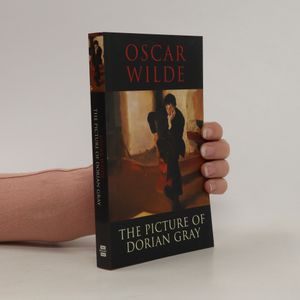
- 2014

- 2014

- 2014

- 2014

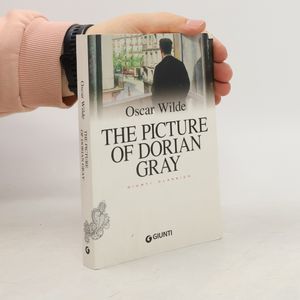
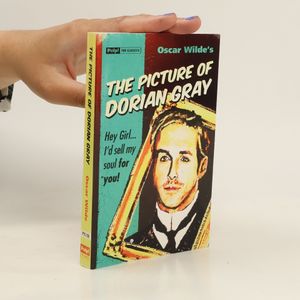
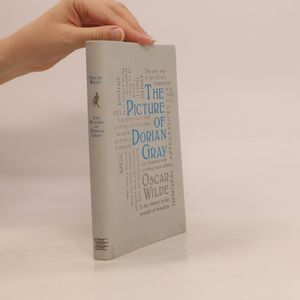
- 2013


- 2013

- 2013

- 2013


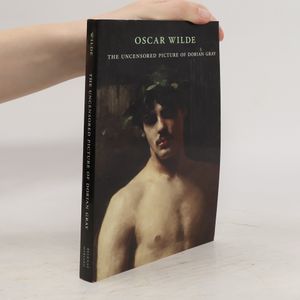
- 2012

- 2012


- 2011

- 2011

- 2011

- 2011

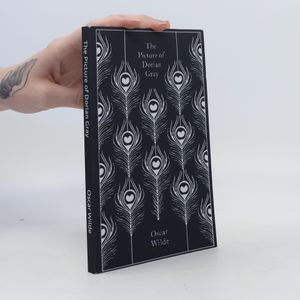

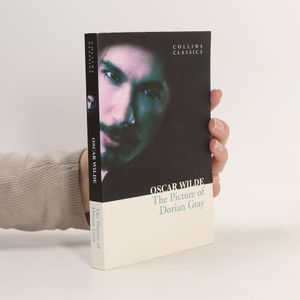
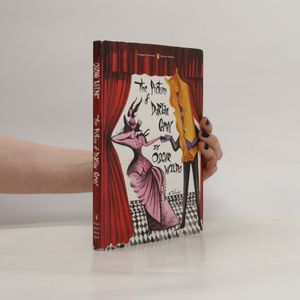
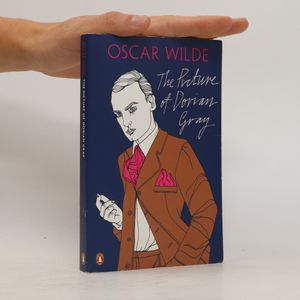
- 2010

- 2010

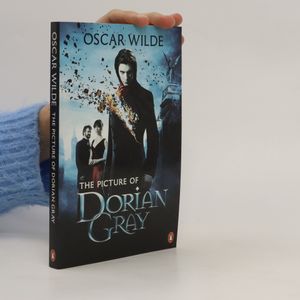



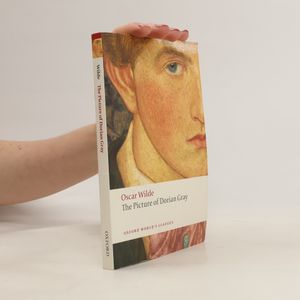
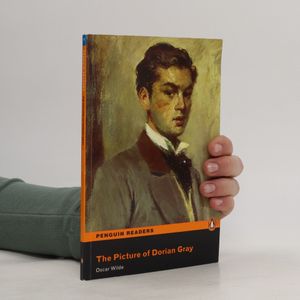

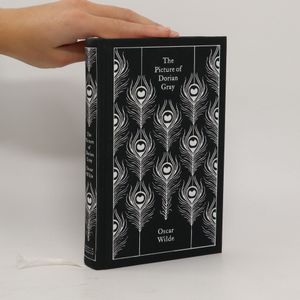

- 2008

- 2008

- 2008

- 2008

- 2008





- 2007

- 2007

- 2007

- 2007

- 2007

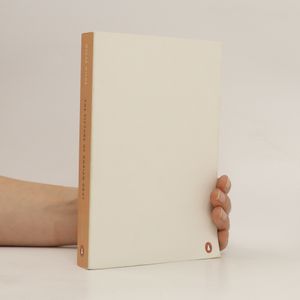
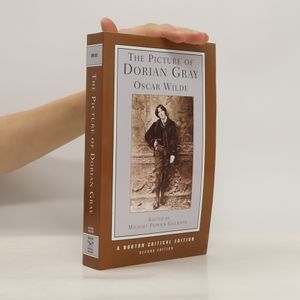

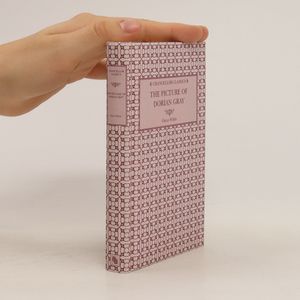
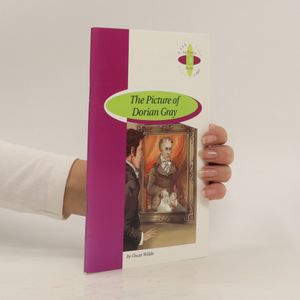
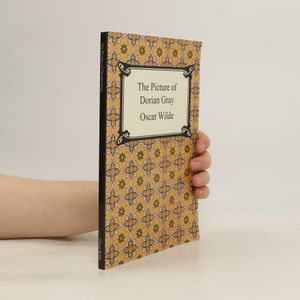
- 2005

- 2005

- 2005


- 2004

- 2004

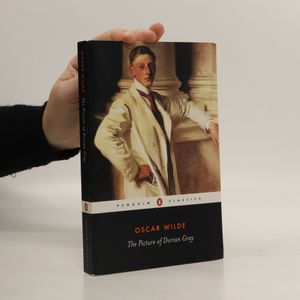

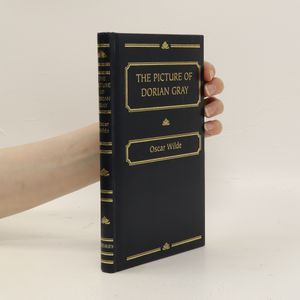
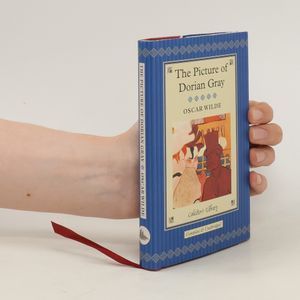
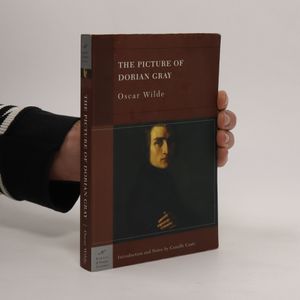

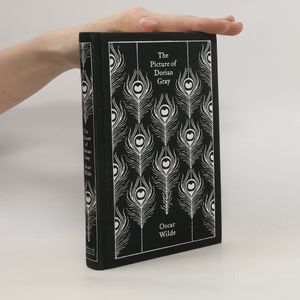
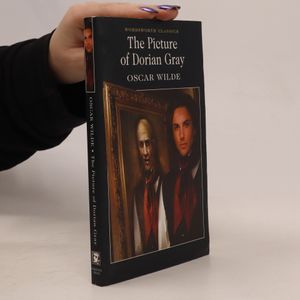

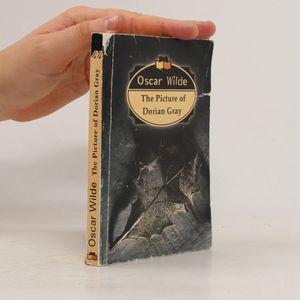
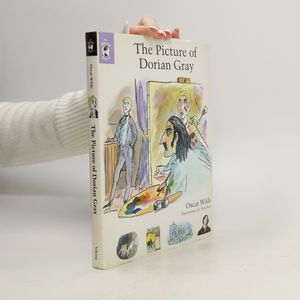
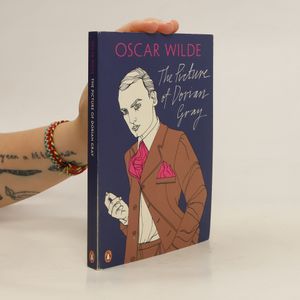

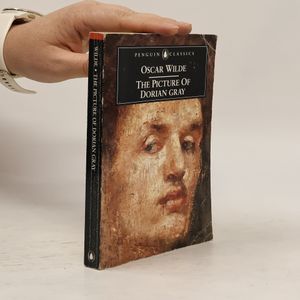
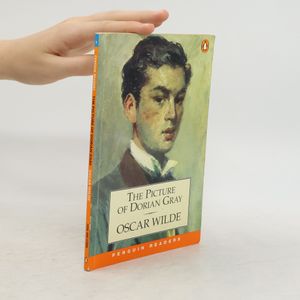
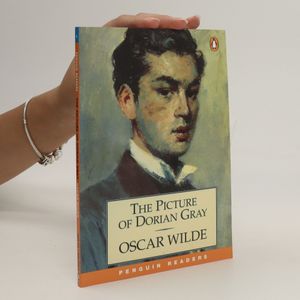
- 1999




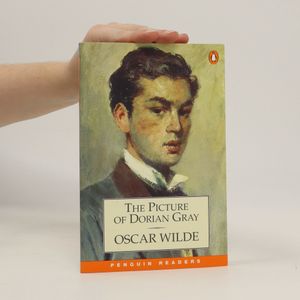
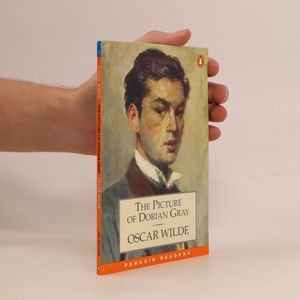
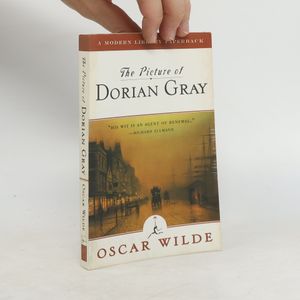
- 1997


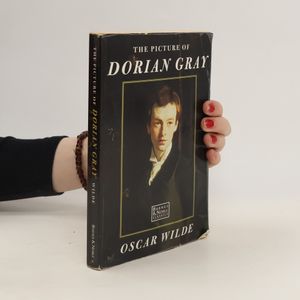
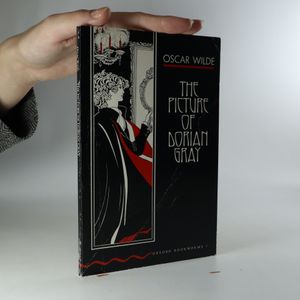
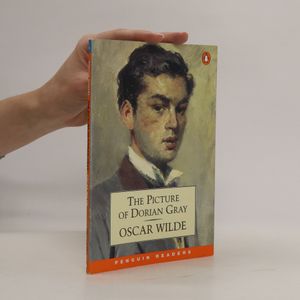

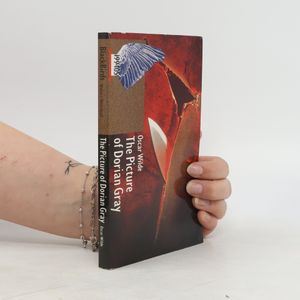




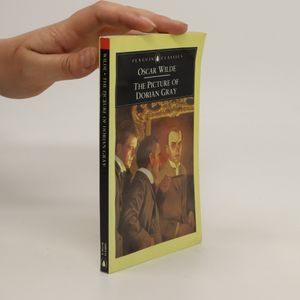



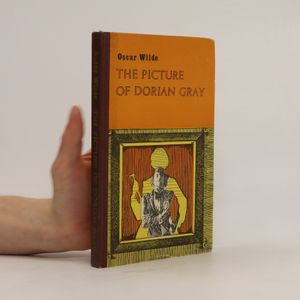
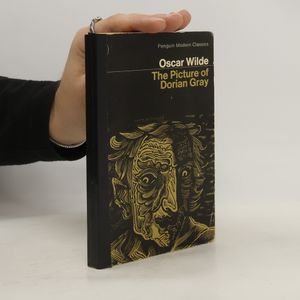


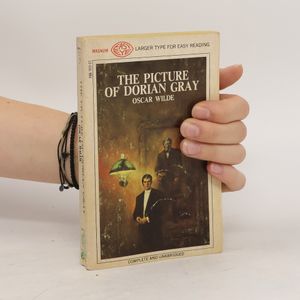



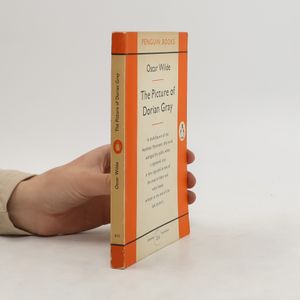
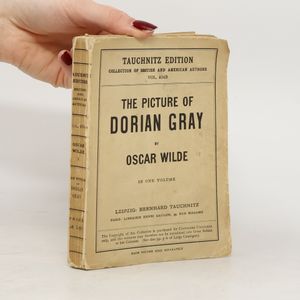

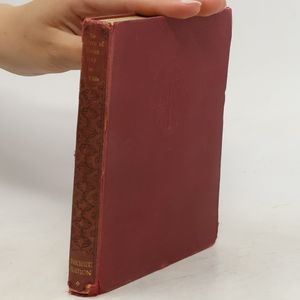
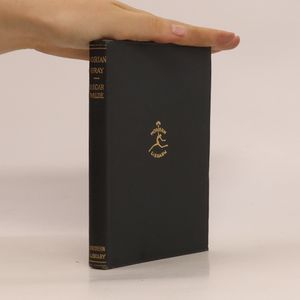







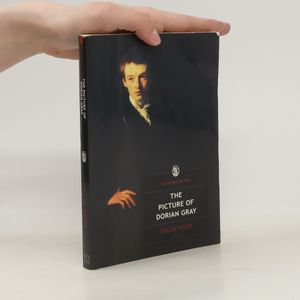


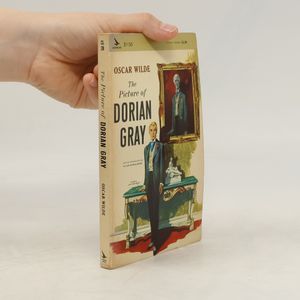


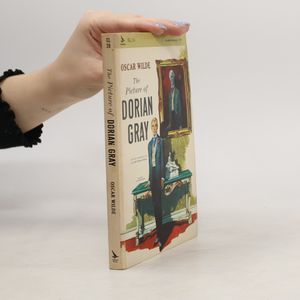
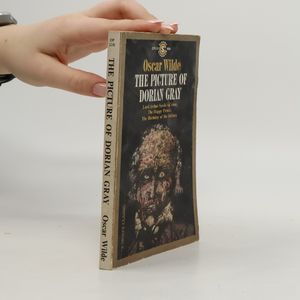
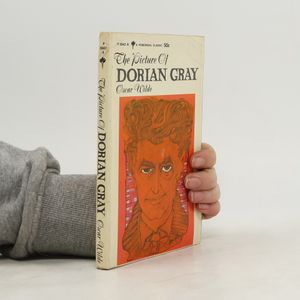


Buchkauf
The Uncensored Picture of Dorian Gray, Oscar Wilde, Inc ebrary, Nicholas Frankel
- Sprache
- Erscheinungsdatum
- 2012
- product-detail.submit-box.info.binding
- (Paperback)
